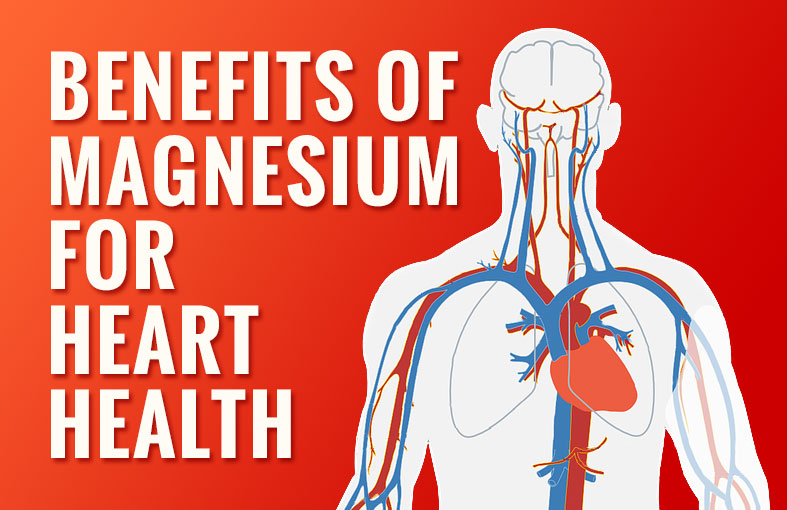Study Shows Increased Magnesium Intake Reduces Fatal Heart Disease Risk In Women
Source: Thailand Medical News Dec 24, 2019 5 years, 4 months, 2 days, 12 hours, 52 minutes ago
New research involving detailed data analysis based on data from the America’s
Women's Health Initiative found a potential inverse association between dietary
magnesium and fatal coronary
heart disease in postmenopausal
women. The study, which also showed a trend between
magnesium and sudden cardiac death in this population, is published in
Journal of Women's Health.

Dr Charles Eaton, MD, Alpert Medical School of Brown University, and a large team of researchers from various institutions, coauthored the article entitled "Association of Dietary
Magnesium Intake with Fatal Coronary
Heart Disease and Sudden Cardiac Death: Findings from the
Women's Health Initiative."
The medical researchers examined
magnesium intake at baseline for more than 153,000 postmenopausal
women and identified the development of fatal coronary
heart disease and sudden cardiac death over the subsequent 10.5 years of follow-up.
The big data based study revealed that higher
magnesium intake was associated with statistically significant risk reduction in fatal coronary
heart disease and a reduction in risk of sudden cardiac death in
women.
Dr Susan G. Kornstein, MD, Editor-in-Chief of
Journal of Women's Health and Executive Director of the Virginia Commonwealth University Institute for
Women's Health, Richmond, VA, states told
Thailand Medical News via a phone interview, "If the findings of this study are confirmed, future research should test whether high-risk
women would benefit from
magnesium supplementation to reduce their risk of fatal coronary
heart disease."
The research team is already making plans underway to start conducting this further study via clinical trials that are to commence in the second quarter of 2020.
Reference: Jason Li et al, Association of Dietary Magnesium Intake with Fatal Coronary Heart Disease and Sudden Cardiac Death, Journal of Women's Health (2019). DOI: 10.1089/jwh.2019.7775
